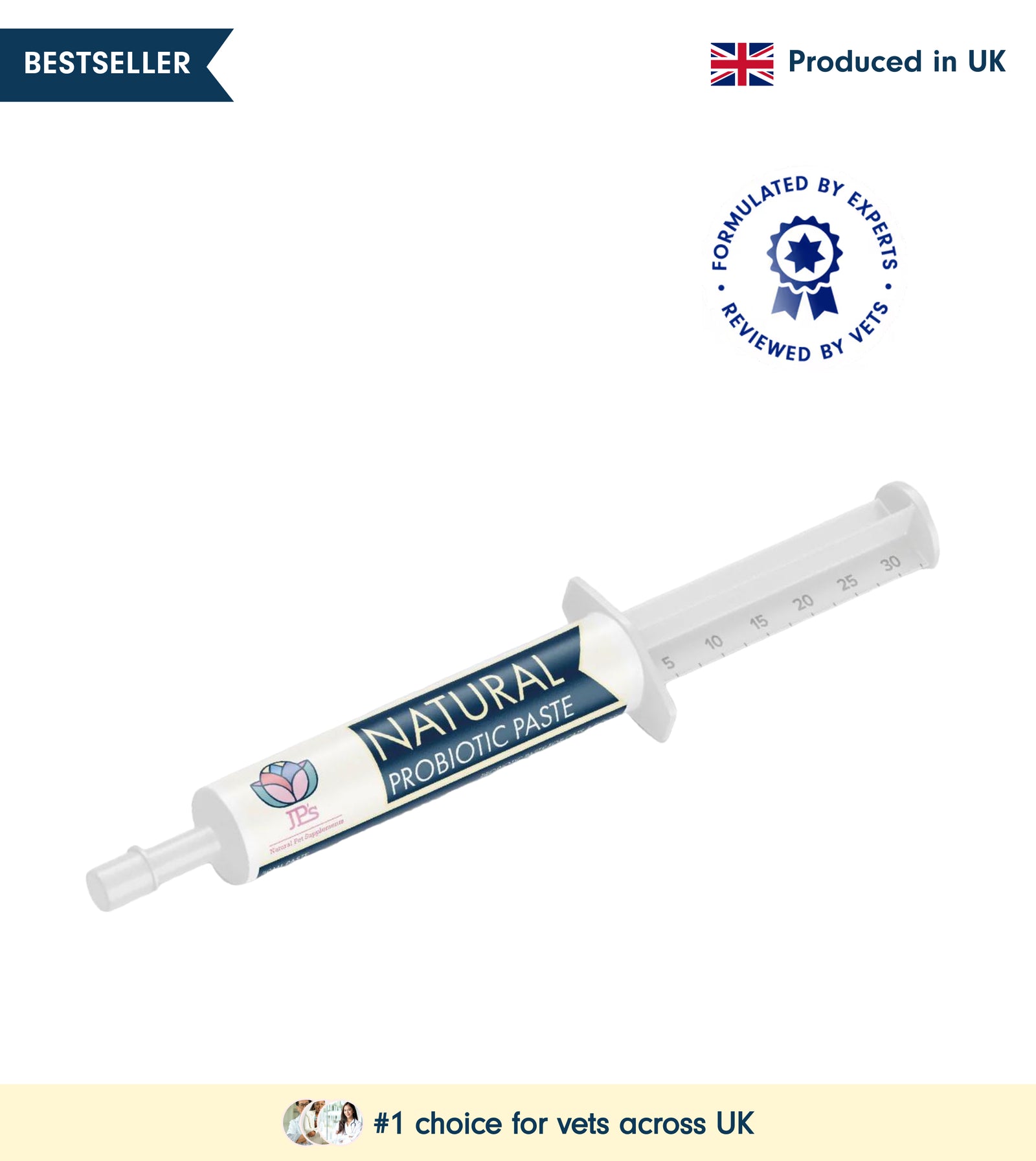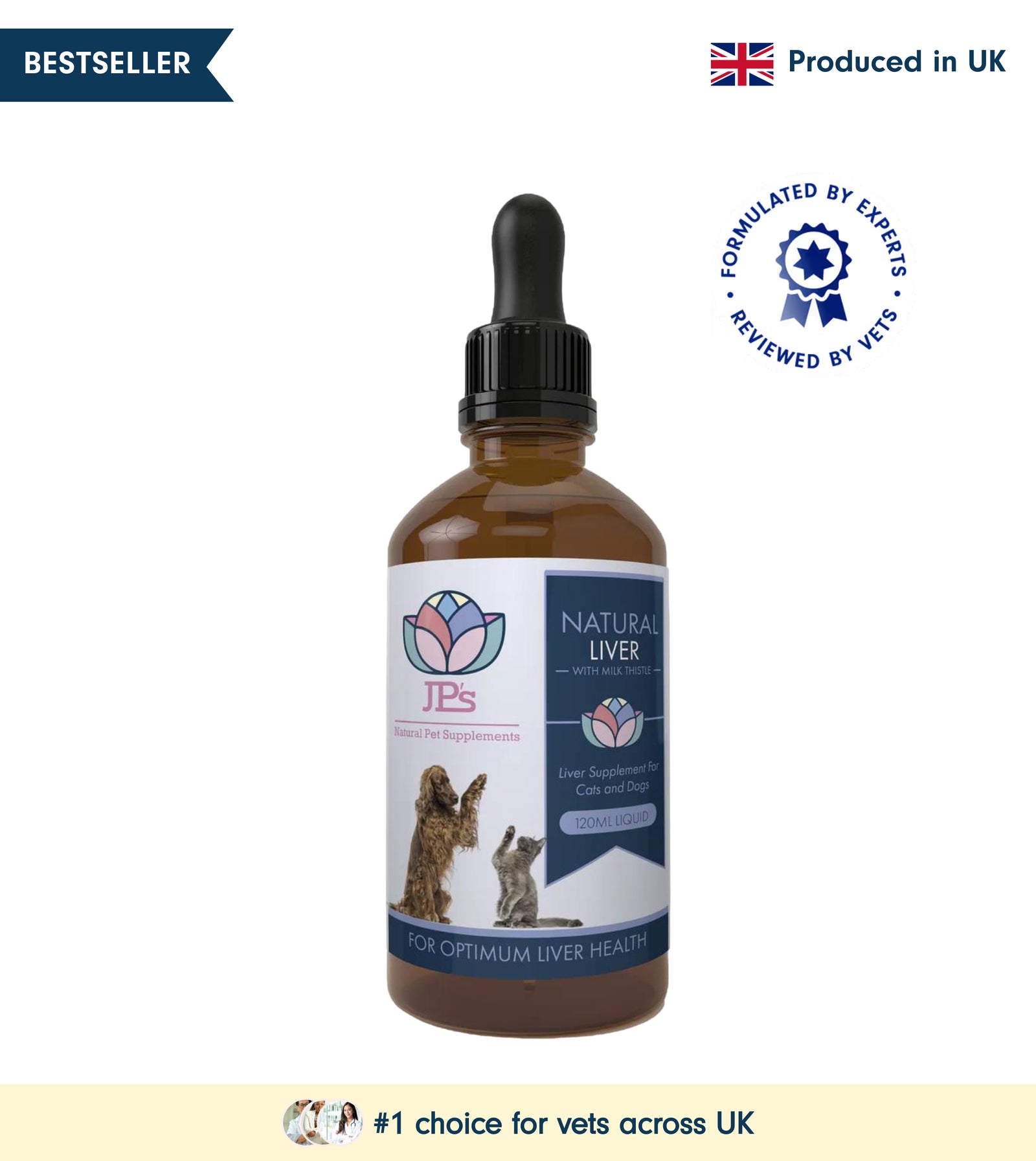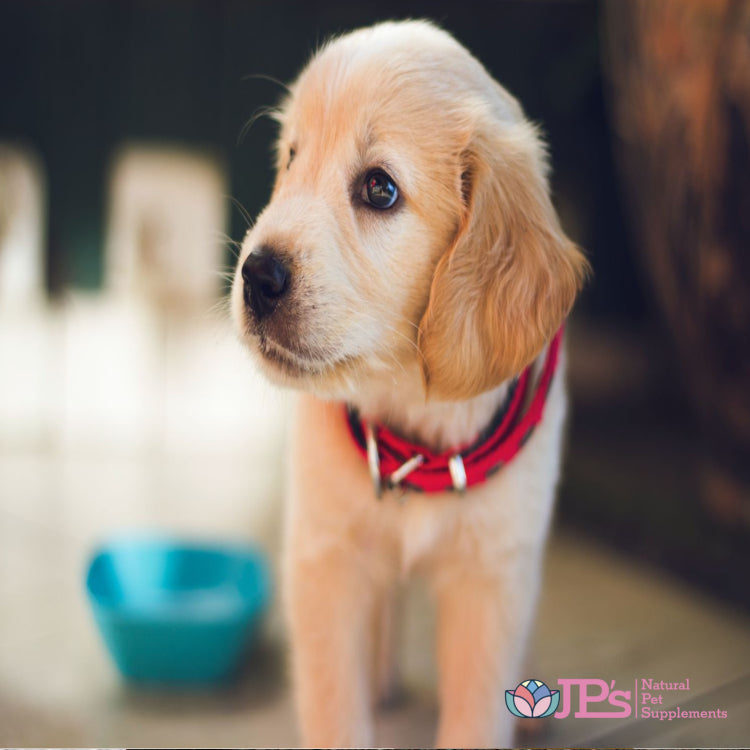Socialisng Your Puppy
Even before your puppy has had their vaccinations, it’s essential to expose them to things in their environment carefully. This helps to prevent future behaviour problems, as dogs that were poorly socialised as puppies can be challenging to live with. They can struggle to cope with situations that are out of the ordinary. Well-socialised puppies grow into dogs that are adaptable and enjoy new places, people, animals, and experiences.
One thing that some owners tell me when they get a puppy is that they can’t wait to go to the park or somewhere busy so they’re puppy can meet and play with other dogs and meet people to socialise them. 😩 It’s imperative that you expand your puppy’s experiences carefully and thoughtfully, making sure your puppy views these experiences as positive. Your puppy doesn’t need to have prolonged or close contact with new things or people. It’s perfectly acceptable for you to say no thanks to people coming up to pat your puppy on the head; your puppy needs to have confidence in you, knowing you’ll keep them safe.
Park Environments.
The truth is, this is strongly not advised for puppies (or dogs)
Taking a young puppy to these environments is extremely risky; we can’t control the other people or their dogs, and even one incident can have a lasting impact on your puppy's mental or physical well-being.
Even if nothing bad happens, it can still create problems on your training journey. These park environments often build tremendous value in playing with other dogs, so when you later try to teach loose lead walking, your puppy sees every other dog as the most exciting thing in the world and will want to pull towards them. Your recall will also become weaker because your dog places more value on playing with other dogs than on returning to you.
Relationship with your puppy.

Instead, we want to build a good relationship and engagement with our puppy, and create a neutral environment where other dogs, people, and distractions are just part of the background - not scary, not overly exciting, just normal.
Socialisation means exposing your puppy safely to various sights, sounds, surfaces, people, and situations they may encounter in life—the most crucial window for this critical period, which lasts up to 16 weeks of age. The experiences your puppy has in this time shape how they see the world as an adult.
Socialising can go wrong for some puppies.
Other types of socialising that I have seen go wrong are dropping your puppy off at doggie daycare centres. Remember that every puppy is an individual with unique needs and personalities; some may be nervous, while others are outgoing and energetic.
If your doggie daycare is not supervised correctly, your puppy could end up being bullied by other dogs, chased around all day, not getting proper sleep/ rest time, or engaging in incorrect, uncontrolled, and unstructured playtime. If your puppy is constantly in this type of environment daily, your puppy could become reactive towards other dogs by the time they reach adolescence, or lead to a frustration barrier when you’re out walking your dog. This is because they have been able to have access to dogs in doggie daycare when they want to, this means when you go out for your relaxing dog walk, your dog will see other dogs and want to go over greet them and play, this is when lead frustration barrier can occur because they can’t get access to the dogs, on the flip side they may become reactive towards dogs if they have spent their day getting bullied at doggy daycare.
What places can we let our puppies observe safely from a distance? You can practice this with your unvaccinated puppy and your vaccinated puppy.
You want your puppy to be safely exposed to as much as possible; they do not need to interact with the wrong dogs. Still, they can build neutrality and calm around everything by simply letting them sit in the boot of the car (hatch open), allowing them to observe and hear noises, or just sitting next to you on a bench or blanket and letting them take in the environment, building confidence and learning to be calm. Car parks are also another good place for your dog to observe people and noise.
When you do eventually socialise your puppy with other dogs, make sure it’s dogs you know, not just random dogs you don’t know. This is for the safety of your puppy and your relationship. When your puppy is sitting in the boot of the car, watching the world go by, they are still learning. They are building a bank of information about how the world looks, moves, and smells. So, remember, when your puppy is too young for a walk, you can still have them see and observe from the boot of your car.
Getting a healthy balance of socialising your puppy.
Every dog is an individual, so we must go at your puppy’s pace. Don’t worry about what everyone else is doing. You may have a nervous puppy, so they need a different approach in some cases. As I mentioned earlier, the puppy must navigate the world safely, but it is also essential that they learn the language of dogs so that they can understand and respond to canine signals. Dogs are a social species; they need guided experiences with adult dogs to learn signals, what is play, what is a warning, and when to back off. Without the correct education, they will grow up socially inadequate. Unfortunately, park environments are not the best place for your puppy to learn these good skills. Choose your puppy’s friends carefully; you want calm, well-mannered dogs.
What else could you use to socialise your puppy safely, if they haven’t been vaccinated yet?
1- safely watching, observing from your car boot when the car is stationary (hatch up)
2- A specially designed pet pram can be great for enabling your puppy to experience the world while still being safe and secure, which can help build confidence.
3- pet carrier sling (avoid ones that restrict your dog’s movement by forcing them into positions)
Take care not to overwhelm your puppy with too many experiences; instead, make the ones you do have brief and happy ones.



















Leave a comment (all fields required)